The EU TACSO 3 project organised the EU Western Balkans and Turkey Civil Society Forum on 8 – 9 June 2022, in Skopje, North Macedonia. Senior officials from the European Commission, EU Delegations, governments and diverse representatives from civil society organisations attended the Forum, a total of 120 participants in person, and an additional 100 online. In light of recent dramatic developments in Europe, namely the COVID-19 pandemic and Russia’s war of aggression against Ukraine, the Forum provided an opportunity to better understand challenges and opportunities in the region, and the role of civil society in helping to respond.
 The main objective of the Forum was to launch the revised EU Guidelines for Support to Civil Society in the Enlargement region (2021-2027). These Guidelines set out objectives for EU assistance to civil society, provide a tool for governments to improve cooperation with civil society, and help to measure progress towards meeting conditions for EU integration. Over the period 2014 to 2020, through the Civil Society Facility and Media Programme, the EU has provided around EUR 330 million in support for civil society, whereas the amount planned for the period 2021-2023 is EUR 218 million. The Guidelines will assist the EU to assess the impact of this support.
The main objective of the Forum was to launch the revised EU Guidelines for Support to Civil Society in the Enlargement region (2021-2027). These Guidelines set out objectives for EU assistance to civil society, provide a tool for governments to improve cooperation with civil society, and help to measure progress towards meeting conditions for EU integration. Over the period 2014 to 2020, through the Civil Society Facility and Media Programme, the EU has provided around EUR 330 million in support for civil society, whereas the amount planned for the period 2021-2023 is EUR 218 million. The Guidelines will assist the EU to assess the impact of this support.
Commenting on the discussion which followed, DPNSEE Executive Director Milutin Milošević emphasized two important point: that the most of the support goes to a selected number of large civil society organisations and that support whould also be shared to small and medium-size organisations, and that besides indicator proposed for implementation of the Guidelines, the impact achieved should be the main source of measuring their success.
The forum also discussed the current state of affairs for CSOs in the region, as well as joint actions on the part of the EU, public authorities and civil society that would address the identified challenges. The four priority areas: the Green Agenda; Rule of law, good governance and anti-corruption; Human rights, anti-discrimination and poverty reduction; and CSO cooperation with the media were discussed in separate breakout sessions.

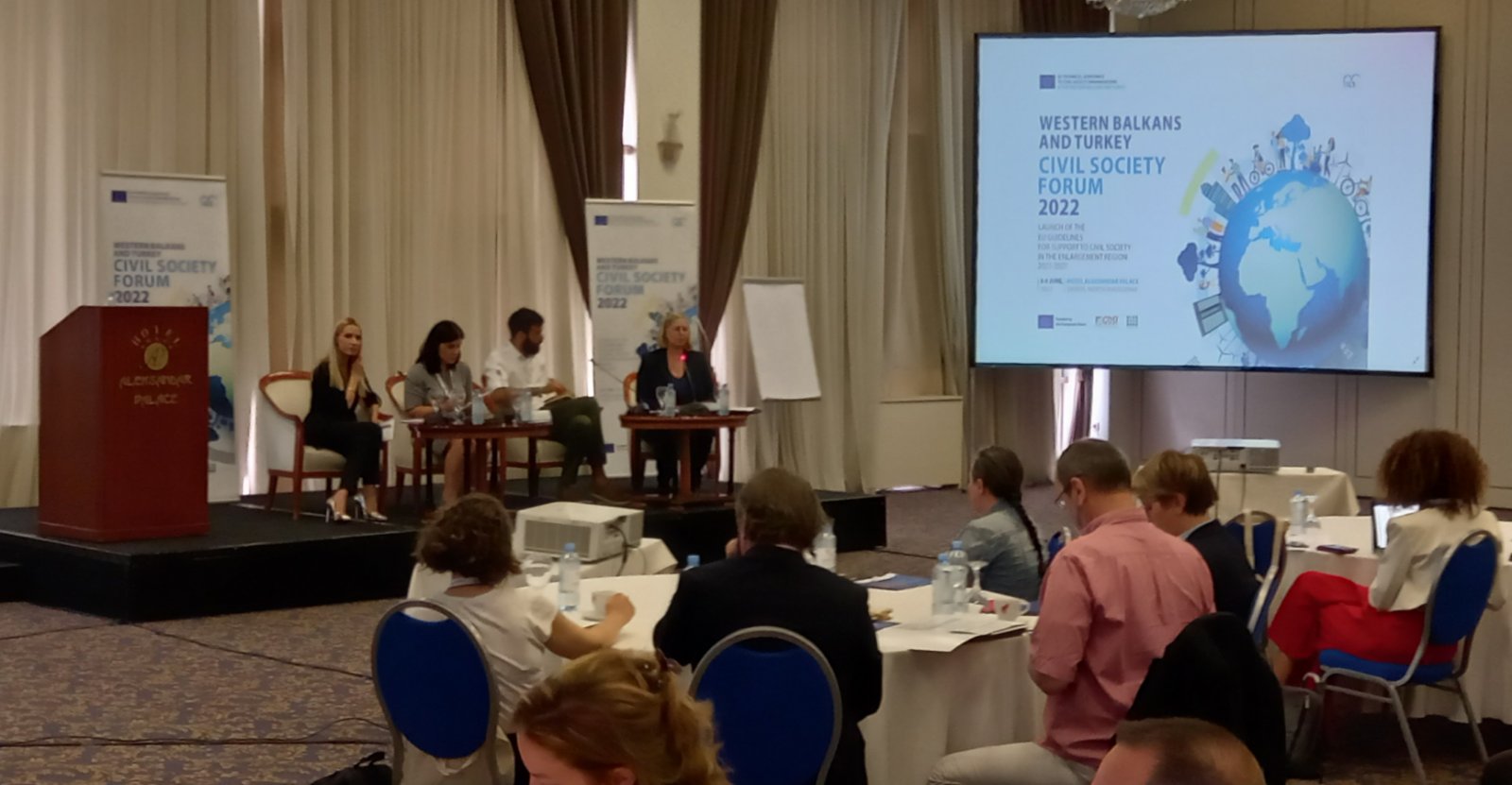


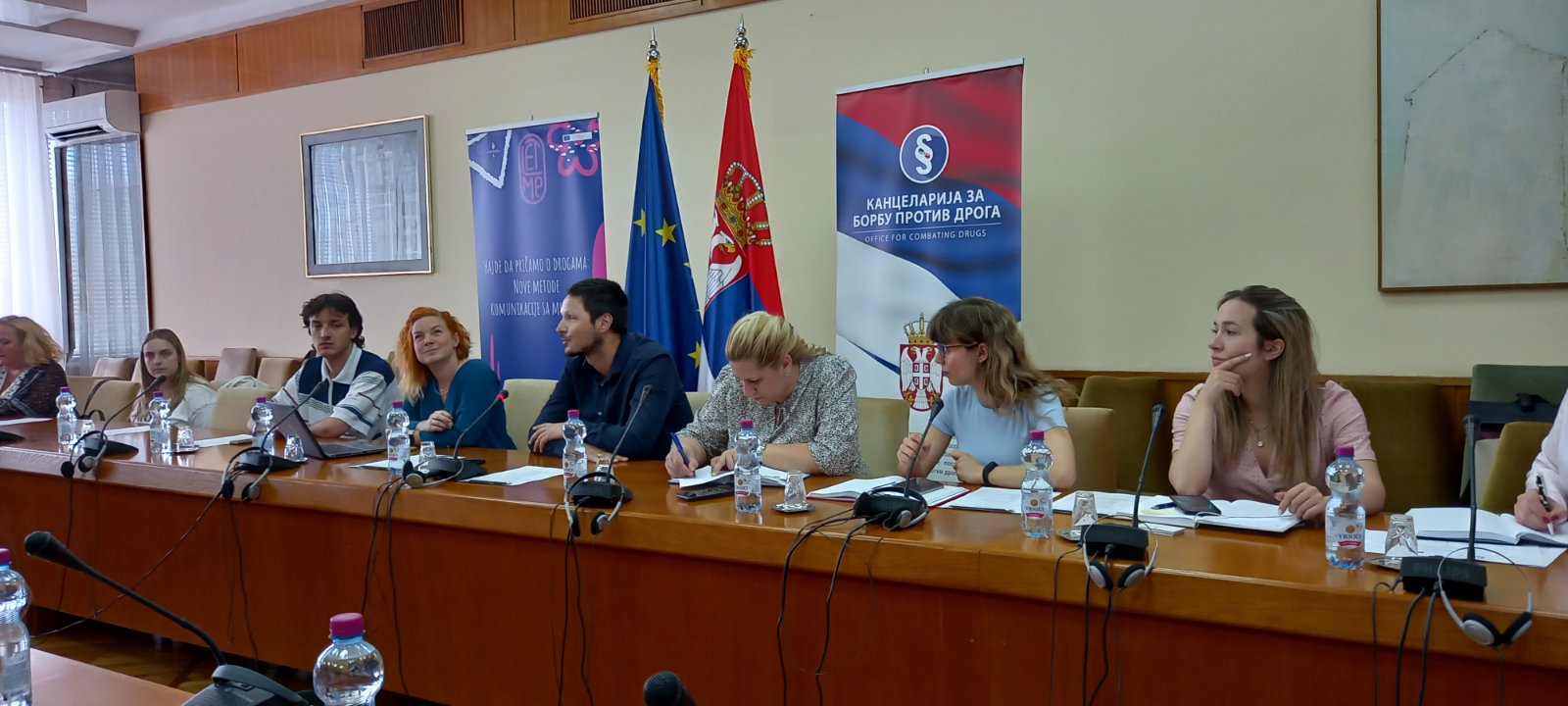



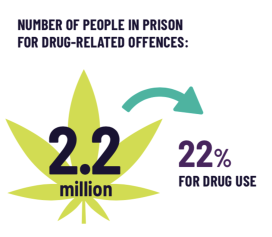 National drug policies that result in imprisonment of people who use drugs and those involved in illegal drug markets continue to be a major contributing factor to prison overcrowding globally (see Imprisonment and prison overcrowding). For decades, punitive drug laws that impose disproportionate criminal sanctions have led to the imprisonment of millions of people worldwide for drug offences. Today, it is estimated that 2.2 million people worldwide are in prison for drug offences, of which 22% (470,000 people) have been imprisoned for drug possession for personal use. Additionally, across seven East and Southeast Asian countries between 440,000 and 500,000 people who use drugs (and unknown numbers elsewhere) are subject to civil or administrative detention because of their personal drug use.
National drug policies that result in imprisonment of people who use drugs and those involved in illegal drug markets continue to be a major contributing factor to prison overcrowding globally (see Imprisonment and prison overcrowding). For decades, punitive drug laws that impose disproportionate criminal sanctions have led to the imprisonment of millions of people worldwide for drug offences. Today, it is estimated that 2.2 million people worldwide are in prison for drug offences, of which 22% (470,000 people) have been imprisoned for drug possession for personal use. Additionally, across seven East and Southeast Asian countries between 440,000 and 500,000 people who use drugs (and unknown numbers elsewhere) are subject to civil or administrative detention because of their personal drug use. To access the report, please
To access the report, please 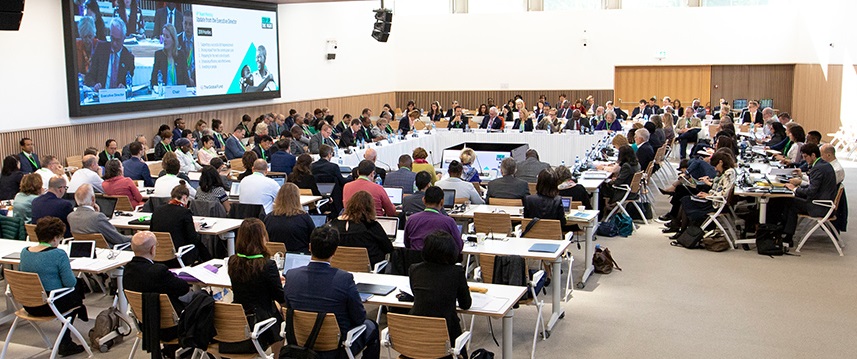
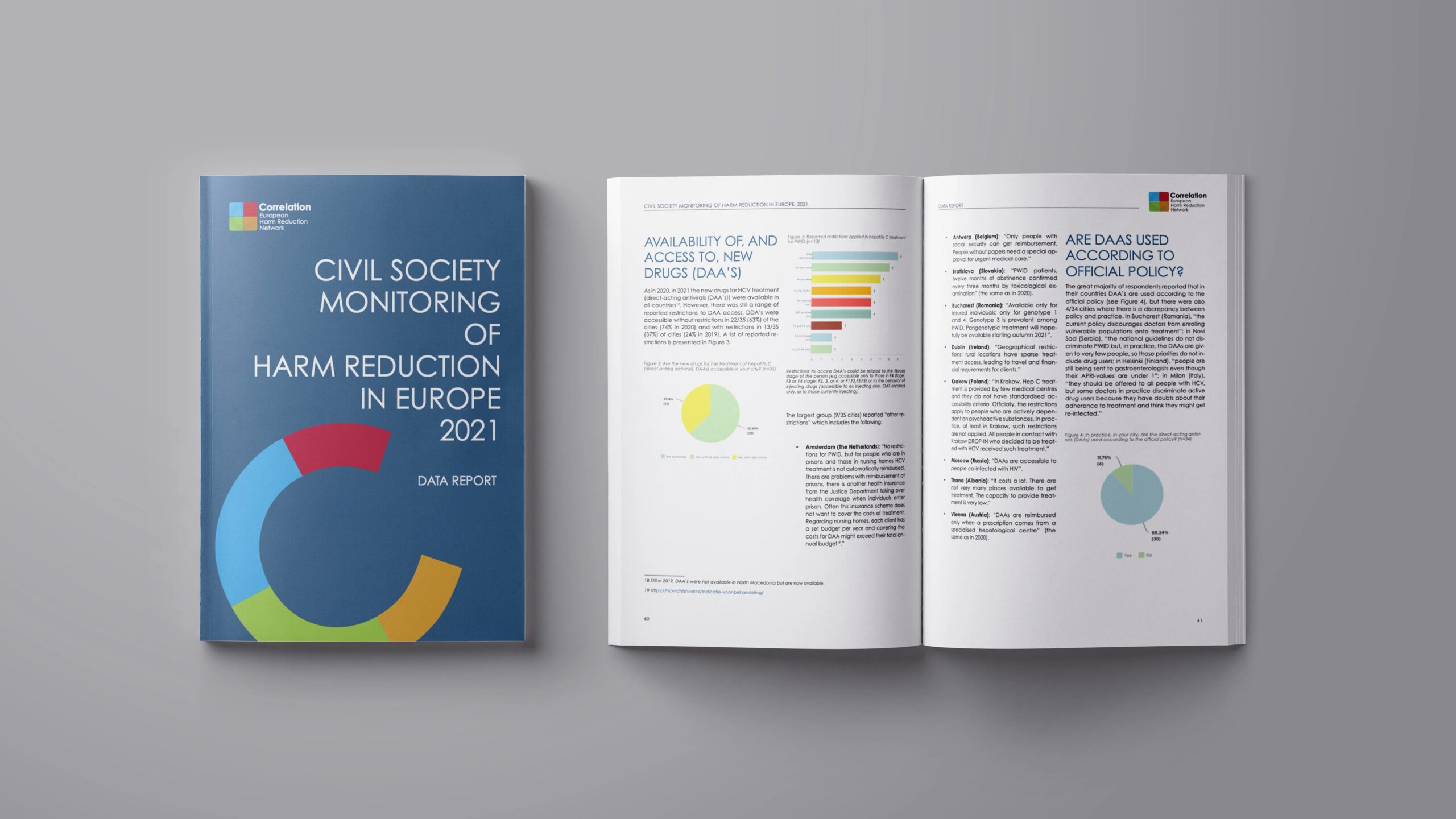

 To read the report, please
To read the report, please 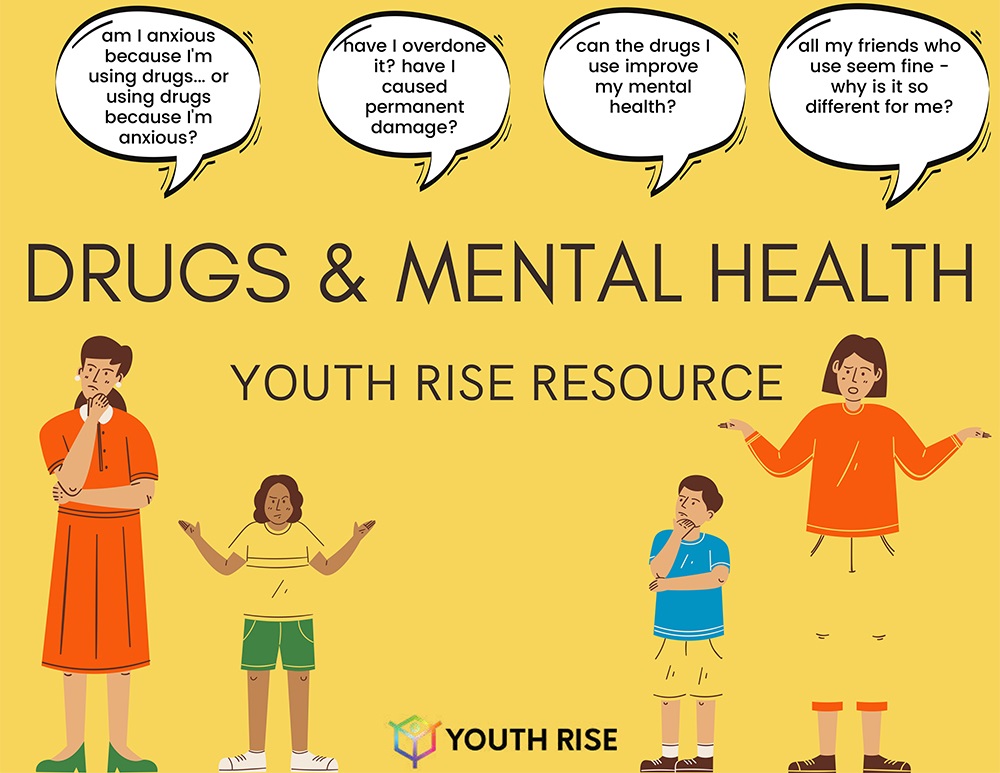
 The document is available
The document is available 
 You can download the report here:
You can download the report here: 